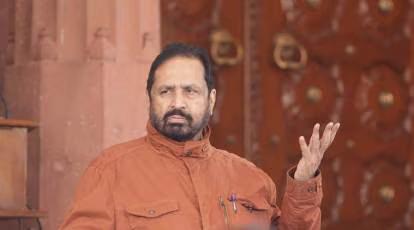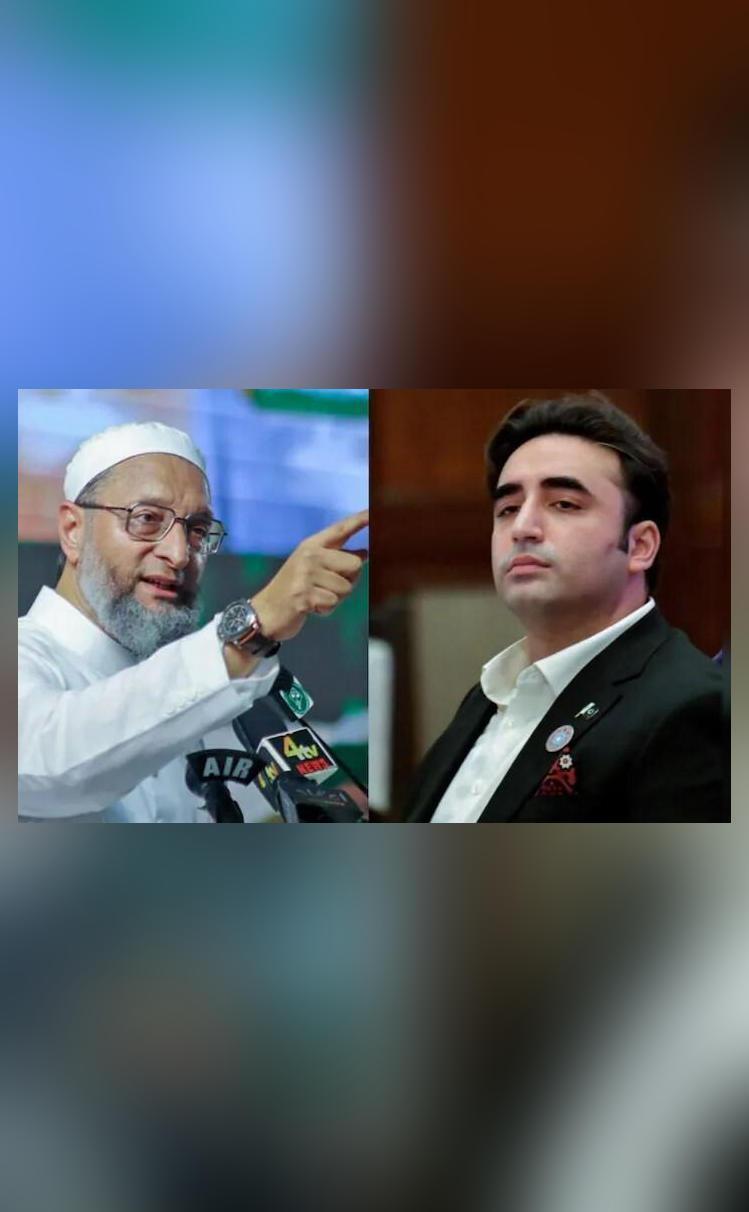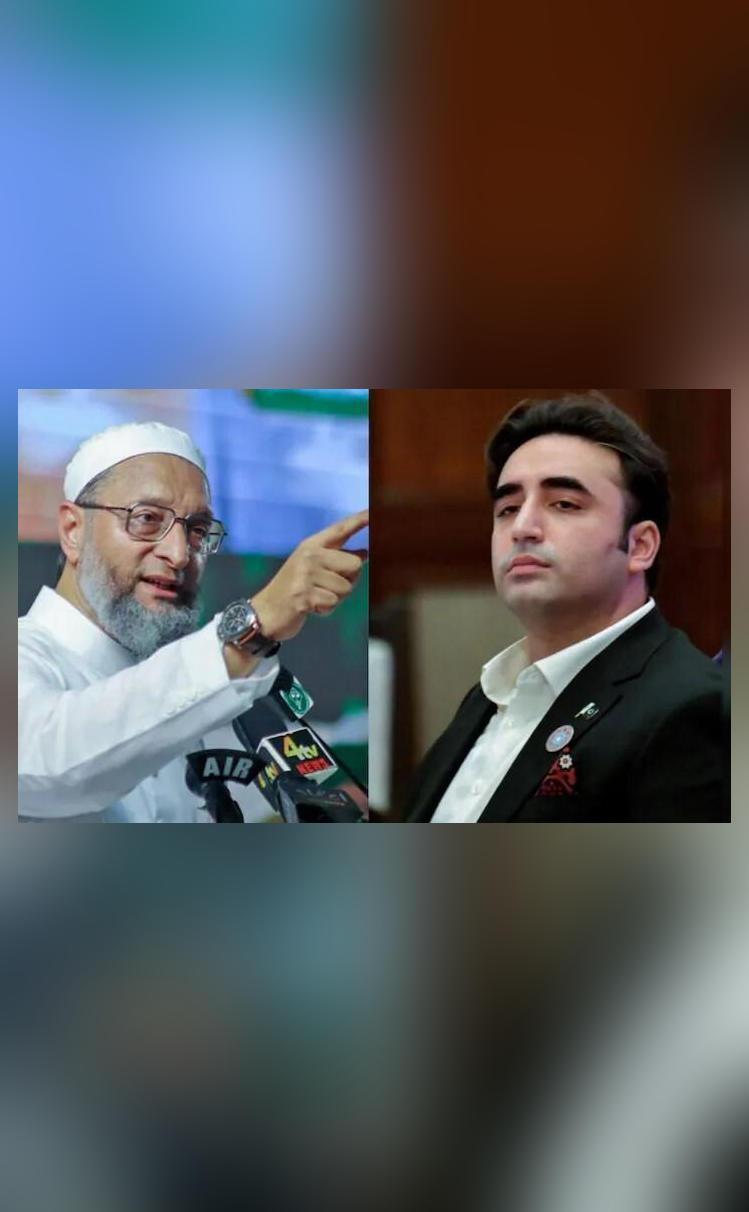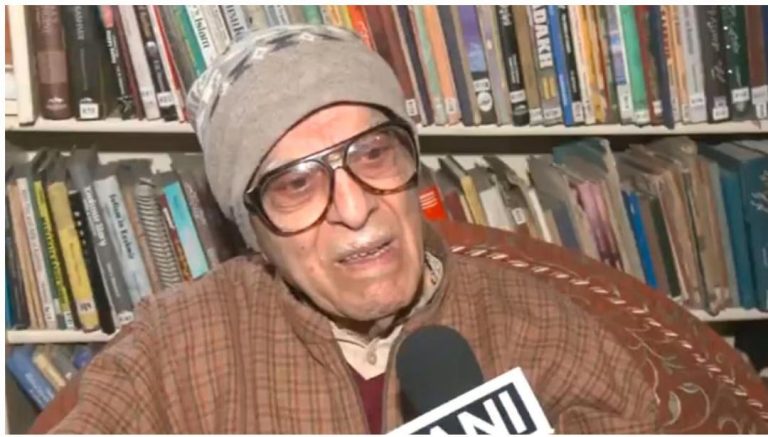
Delhi court accepts ED closure report in 2010 Commonwealth Games scam case
The 2010 Commonwealth Games (CWG) scam, which was marred by allegations of corruption and mismanagement, has been hanging fire for years. Recently, a significant development has taken place in the case, with a Delhi court accepting the closure report submitted by the Enforcement Directorate (ED) in the alleged money laundering case linked to the scam.
The ED had filed a closure report in the case, which was against Suresh Kalmadi, the former Chairman of the Organizing Committee, Lalit Bhanot, the then Secretary General, and others. The report was filed after the agency conducted a thorough investigation and found no evidence of money laundering against the accused.
The case dated back to 2010, when the CWG was held in Delhi. The Games were plagued by allegations of corruption, mismanagement, and poor infrastructure. The ED had taken cognizance of the case in 2012, after the Central Bureau of Investigation (CBI) filed a chargesheet against Kalmadi, Bhanot, and others.
The ED investigation was focused on allegations of money laundering linked to the CWG scam. The agency had claimed that Kalmadi and Bhanot had siphoned off public funds meant for the Games, and had used them for personal gain. The ED had also alleged that the duo had laundered the ill-gotten money through various channels, including shell companies and benami accounts.
However, after conducting a thorough investigation, the ED found that there was no evidence of money laundering against the accused. The agency submitted a closure report to the court, which was accepted by the judge.
The acceptance of the closure report by the court is a significant development in the case, as it means that the ED has concluded its investigation and found no evidence of wrongdoing by the accused. The court’s decision is now subject to appeal, but it is likely that the case will eventually be closed.
The CWG scam was one of the largest corruption scandals in India’s history, with allegations of corruption and mismanagement running into thousands of crores. The scandal led to the resignation of Kalmadi and Bhanot, and several other officials were also arrested and charged in connection with the case.
The ED’s closure report is a significant development in the case, as it brings to an end the agency’s investigation into the alleged money laundering linked to the scam. The report is likely to have significant implications for the accused, as it means that they will not face charges of money laundering.
The ED’s investigation was focused on allegations of money laundering linked to the CWG scam. The agency had claimed that Kalmadi and Bhanot had siphoned off public funds meant for the Games, and had used them for personal gain. The ED had also alleged that the duo had laundered the ill-gotten money through various channels, including shell companies and benami accounts.
The agency had conducted a thorough investigation, which included searches and seizures at various locations, including the offices and residences of the accused. The ED had also examined several witnesses and collected documents and evidence in connection with the case.
The ED’s investigation was a significant development in the case, as it marked the first time that the agency had taken action against the accused in connection with the CWG scam. The agency’s investigation was a major blow to the accused, as it meant that they would have to face charges of money laundering.
The case is a significant reminder of the need for greater transparency and accountability in the conduct of public affairs. The CWG scam was a major embarrassment for the government, and it highlighted the need for greater vigilance and oversight in the management of public funds.
In conclusion, the acceptance of the ED closure report by the court is a significant development in the 2010 CWG scam case. The report brings to an end the agency’s investigation into the alleged money laundering linked to the scam, and it means that the accused will not face charges of money laundering. The case is a significant reminder of the need for greater transparency and accountability in the conduct of public affairs.





